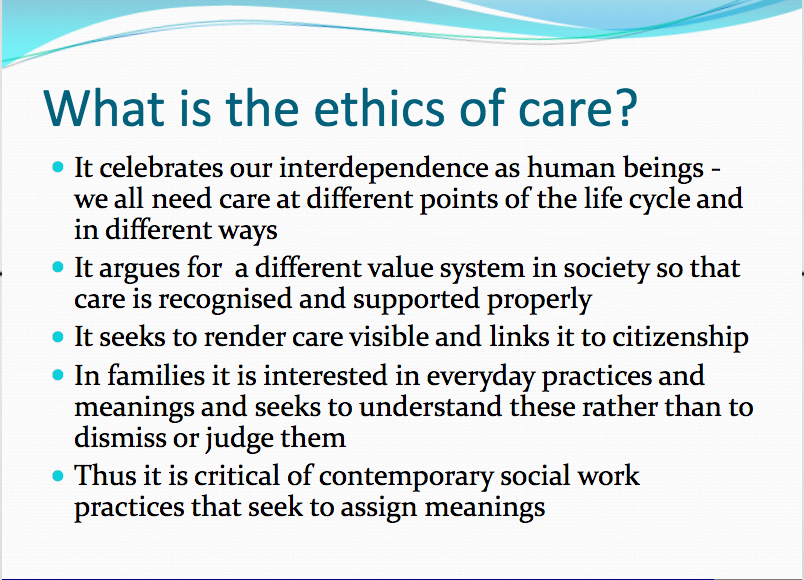In part 1, I looked at whether it made sense to have random individuals inserted into parliament, or to let policies be decided by juries full of randomly chosen individuals. Both were argued to be unworkable and likely to lead to more corruption, rather than less: policies that favour the special interests are so entwined with large legislative programs that it is not feasible or desirable to have them judged by juries of amateurs. And random members of the public spending years in parliament have even less incentive to be honest than members of long-standing political parties with brand-names to protect.
Here I want to mull over the possibility of using random members of the jury for appointments and for generating signals about corruption. The end result of my deliberations is that I can see use for random juries in major appointments within the public sector, but that I cannot see them working as a means of generating information.
For those who missed the earlier discussion on why having parliaments made up of random members of the public is not a good idea: a good example of problems you get with excessive diversity in parliament is Brazil, which has dozens of political parties and as such without long-established major players who have some incentive to care about reputations for honesty. Their parliaments are pretty close to random groups of populists, a diversity that has been strongly argued to make their politicians sitting ducks for special interest groups. Their parliamentarians have been argued to sell out to the highest bidder.
The fundamental problem, which is that without big players no-one has enough incentive to care about corruption, is an old argument you also see in other arenas: to keep big companies honest you need large shareholders with enough skin in the game to monitor and punish; to keep rogue countries in line and do something about international crises, you need large countries big enough to worry about and organise an answer to these problems.
For sure, there are some policy-areas where citizen juries might be useful, such as when it comes to decisions about politics itself, such as electoral boundaries, but there too the West has plenty of examples of well-functioning institutions that do the same job without citizen juries.
The post drew some knowledgeable commenters though who have been wedded to the idea of sortition for quite a while, and the proposals they brought up did make me wonder whether sortition could help with other decisions in our democratic systems. Mainly they pointed out the use of randomly selected groups of citizens who got to decide on appointments rather than policies. Sortition systems in Florence and Venice operating for many centuries were examples of how randomly chosen people voted in the ultimate leaders, though in those cases the ‘randomly’ chosen people were all members of the elite themselves.
The hope is that random members of the public would be pretty good at judging the bias and character of people. After all, that is pretty much what criminal-trial juries already do and in which random members of the public are arguably better than specialist insiders who cannot see beyond their own little corners.
So let us come from the problem from the other end and look at whether having the wrong people in charge is indeed a problem within our democratic system, then see how sortition would be applied to hire the right people, and then try and think through whether sortition would truly help if we consider the counter-moves of special interests. Continue reading →




